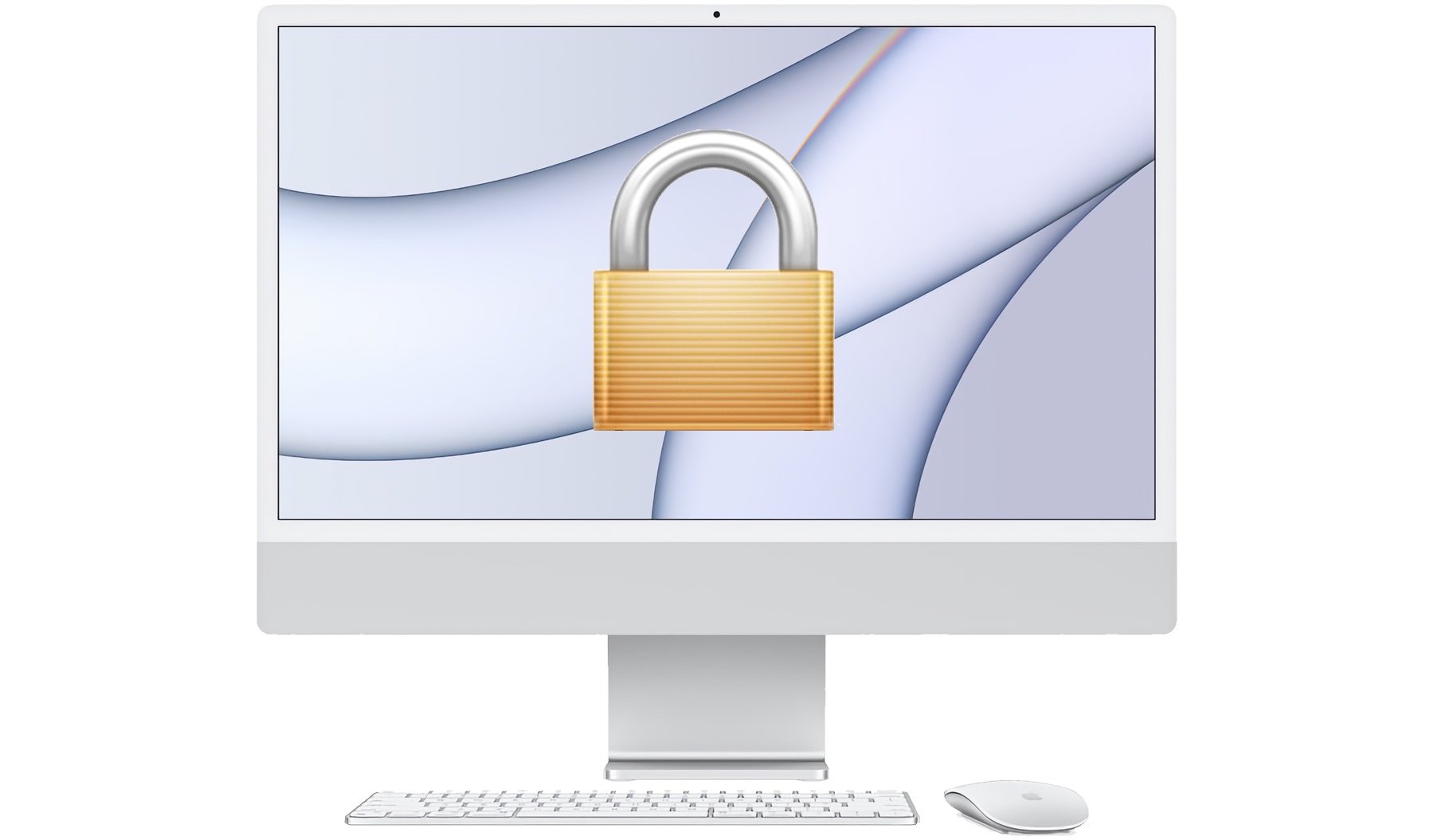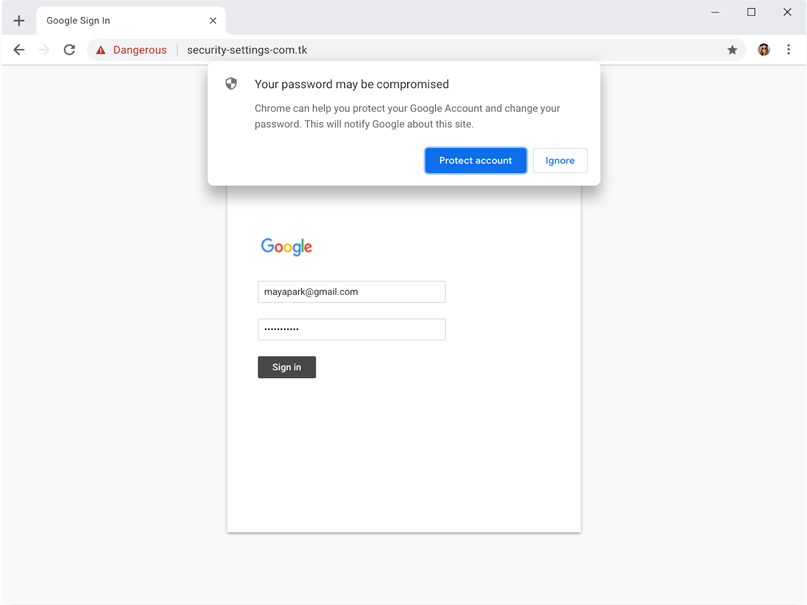To change your PC password, navigate to the “Settings” menu on your computer and select the “Accounts” option. Once there, choose “Sign-in options” and click on “Change” under the “Password” section.
Introduction (125 words): Securing your personal data is essential, and changing your PC password regularly is one way to enhance its protection. Whether you’ve forgotten your current password or simply want to update it, altering your password ensures that only authorized individuals have access to your files and folders.
This guide will walk you through the process of changing your PC password quickly and easily. By following these simple steps, you can safeguard your privacy and maintain the confidentiality of your digital information. Whether you’re using a Windows or Mac operating system, adjusting your password is a straightforward task that can be accomplished in a few simple clicks. By taking the necessary precautions and regularly modifying your password, you can prevent unauthorized access to your computer and keep your data secure.

Credit: www.facebook.com
Understanding The Importance Of Pc Password Security
Enhance your PC security by learning how to change your password effectively for improved protection against unauthorized access. Secure your personal information and prevent potential security breaches with these simple steps.
The Role Of Pc Passwords In Securing Personal Data
Understanding the importance of PC password security is crucial in today’s digital age. With increasing online threats and data breaches, it has become imperative to protect our personal information from unauthorized access. PC passwords play a vital role in ensuring the security of our personal data.
By setting a strong and unique password for your PC, you create a barrier for potential hackers. A strong password acts as the first line of defense against unauthorized access to your computer. It prevents intruders from gaining access to your personal files, sensitive documents, and online accounts.
With the increasing reliance on computers for daily tasks such as online banking, shopping, and social media, it’s essential to understand that weak or easily guessable passwords can pave the way for hackers to exploit your personal data.
The Consequences Of Weak Pc Passwords
Weak PC passwords can have severe consequences and put your personal information at risk. When your password is weak, it becomes easier for hackers to gain unauthorized access to your computer, leading to potential theft or misuse of your personal data.
One of the most significant consequences of weak PC passwords is identity theft. Hackers can use your personal information to impersonate you or gain access to your financial accounts. This can result in financial loss, damage to your credit score, and even legal implications.
Furthermore, weak passwords also make it easier for attackers to install malware or viruses on your computer. These malicious programs can not only steal your personal information but also damage your files, disrupt your computer’s functioning, and enable further cyberattacks.
It is important to note that weak passwords are often easy to guess, such as common words, birth dates, or simple combinations like “password” or “123456.” By choosing a strong password and regularly updating it, you can significantly reduce the risk of falling victim to these cyber threats.
Creating A Strong Pc Password
Looking to change your PC password? Follow these quick and easy steps to create a strong and secure password that will keep your computer safe from unauthorized access. Say goodbye to weak passwords and hello to enhanced security.
One of the most important aspects of securing your PC is creating a strong password. A strong password can protect your personal and sensitive information from unauthorized access. Here are some essential tips for creating a strong PC password:
Choosing Complex And Unique Passwords
When selecting a password, it’s crucial to choose a complex and unique combination of characters. A complex password contains a mixture of uppercase and lowercase letters, numbers, and special characters. Avoid using common words or phrases that can be easily guessed. Instead, think of a unique combination that is difficult for others to crack. For example, consider using memorable phrases and substituting letters with numbers or special characters.
Utilizing A Combination Of Characters
Creating a password using a combination of characters can significantly strengthen its security. Consider using a mixture of letters, numbers, and special characters in your password. For instance, instead of using a plain word like “password,” try incorporating numbers and special characters to make it harder to crack. An example could be “P@ssw0rd!”. Remember to avoid using predictable patterns like sequential numbers or letters.
Avoiding Commonly Used Passwords And Patterns
Avoiding commonly used passwords and patterns is vital to ensure the security of your PC. Many hackers use automated tools to guess passwords, and they often start with the most commonly used ones. Avoid using obvious choices like “123456” or “password,” as these are the first combinations they will try. Additionally, it’s essential to avoid using repetitive or sequential patterns, such as “abcdabcd” or “qwertyqwerty,” as these can also be easily guessed.
By following these guidelines, you can create a strong PC password that significantly enhances the security of your personal information. Remember to regularly change your password and never share it with anyone. Taking these extra steps will help protect your PC from unauthorized access and potential security breaches.
Changing Pc Passwords Regularly
Changing PC passwords regularly is a vital practice for ensuring the security of your personal information and sensitive data. With the increasing number of cyber threats and hacking attempts, regularly updating your computer passwords is crucial to minimize the risk of unauthorized access and potential data breaches. In this article, we will explore the importance of regular password changes, how to establish the frequency of password updates, and how to build a reminder system to ensure you never overlook this crucial security measure.
Why Regular Password Changes Are Crucial
Regularly changing your PC passwords is crucial for several reasons. The primary goal is to prevent unauthorized access to your computer and sensitive information. By changing your passwords regularly, you make it harder for potential hackers to guess or crack your passwords. Additionally, it helps to mitigate the risk of data breaches resulting from stolen or compromised passwords.
Beyond that, regular password changes are an essential aspect of cybersecurity best practices. Cybercriminals are continuously developing new techniques and tools to break into computer systems and steal personal information. By changing your passwords frequently, you stay one step ahead of these threats and reduce the likelihood of falling victim to cyber attacks.
Establishing Password Change Frequency
Establishing the frequency of password changes is a balancing act. You want to change your passwords often enough to maintain security, but not so frequently that it becomes burdensome or leads to password fatigue. Experts typically recommend changing your PC passwords every 60 to 90 days. This timeframe strikes a healthy balance between maintaining security and not overwhelming the user with constant password updates.
However, it’s important to note that the frequency of password changes may vary depending on your specific needs and the sensitivity of the information stored on your computer. For instance, if you deal with highly sensitive data or work in an industry with strict security regulations, you may need to change your passwords more frequently.
Building A Password Update Reminder System
To ensure you never forget to change your PC passwords, it’s helpful to implement a password update reminder system. There are several simple yet effective methods you can use:
- Calendar Reminders: Set regular reminders on your calendar or task management system to notify you when it’s time to change your passwords.
- Email Reminders: Schedule automated email reminders to be sent to yourself at regular intervals, reminding you to update your passwords.
- Mobile App Notifications: Use password management apps or security apps that offer password change reminders as part of their features.
These reminders will help you stay on top of password updates and ensure that you maintain strong security practices on your PC.

Credit: www.nytimes.com

Credit: www.intego.com
Frequently Asked Questions On How To Change Pc Password
How Can I Change My Pc Password?
To change your PC password, go to the Control Panel, select User Accounts, then choose the option to change your password. Enter your current password, then set a new password. Make sure to choose a strong password with a combination of letters, numbers, and symbols to enhance security.
Is It Necessary To Change My Pc Password Regularly?
It is recommended to change your PC password regularly for security purposes. By changing your password frequently, you reduce the risk of unauthorized access to your computer. Regular password changes ensure that even if someone manages to obtain your password, they will have a limited window of opportunity to misuse it.
What If I Forget My Pc Password?
If you forget your PC password, you can reset it by using the password reset feature. On the login screen, click on the “Forgot password” option, then follow the instructions to reset your password. You may need to answer security questions or provide an alternate email address or phone number associated with your account.
Conclusion
Changing your PC password is a simple and crucial step to ensure the security of your device and personal information. By following the easy steps outlined in this blog post, you can protect yourself from unauthorized access and potential data breaches.
Remember to choose a strong, unique password and update it regularly to maintain the highest level of security for your PC. Stay safe!


